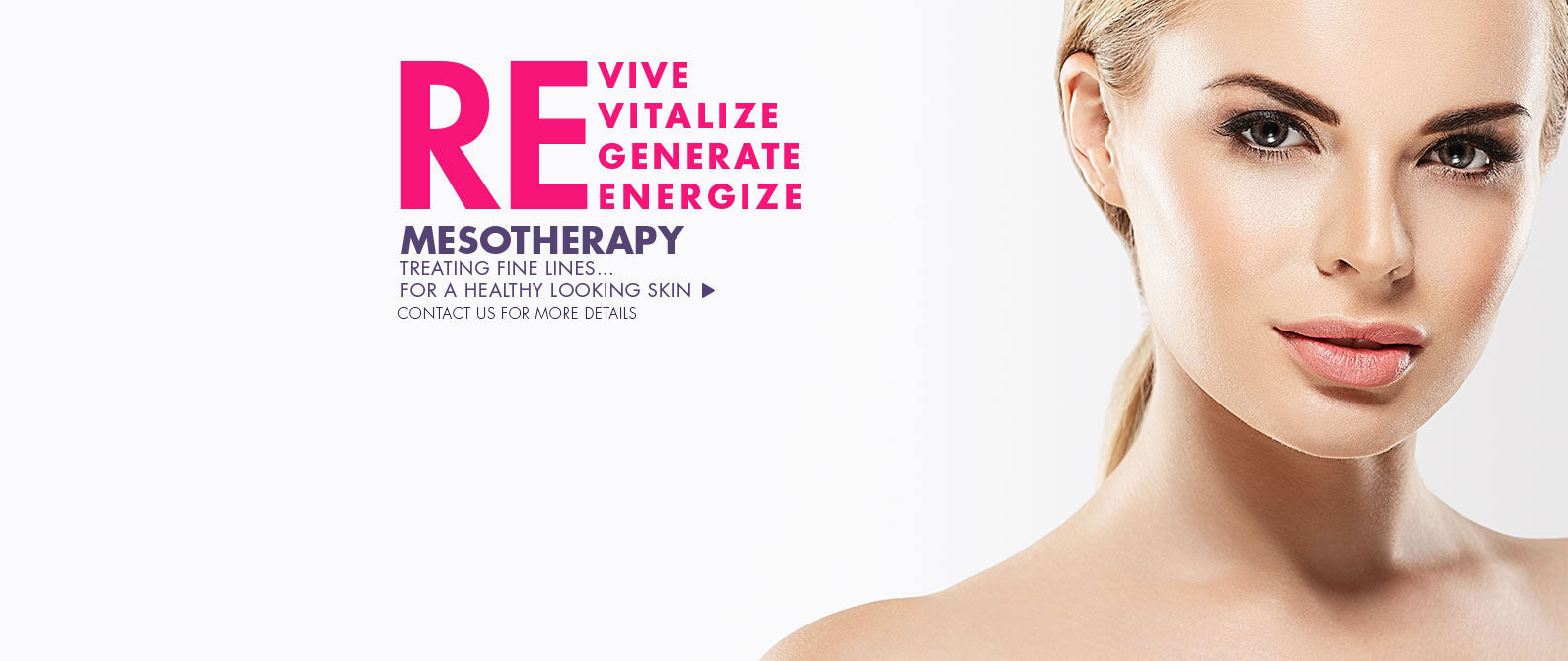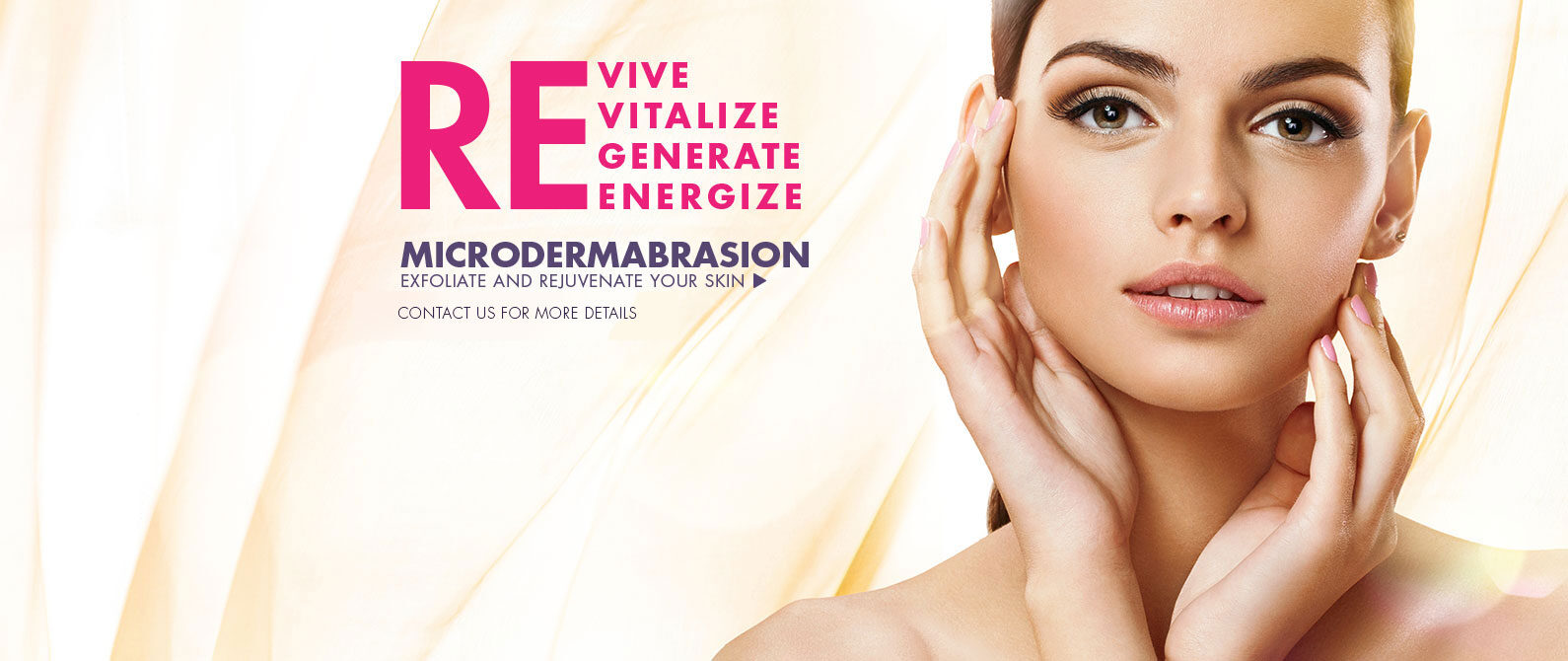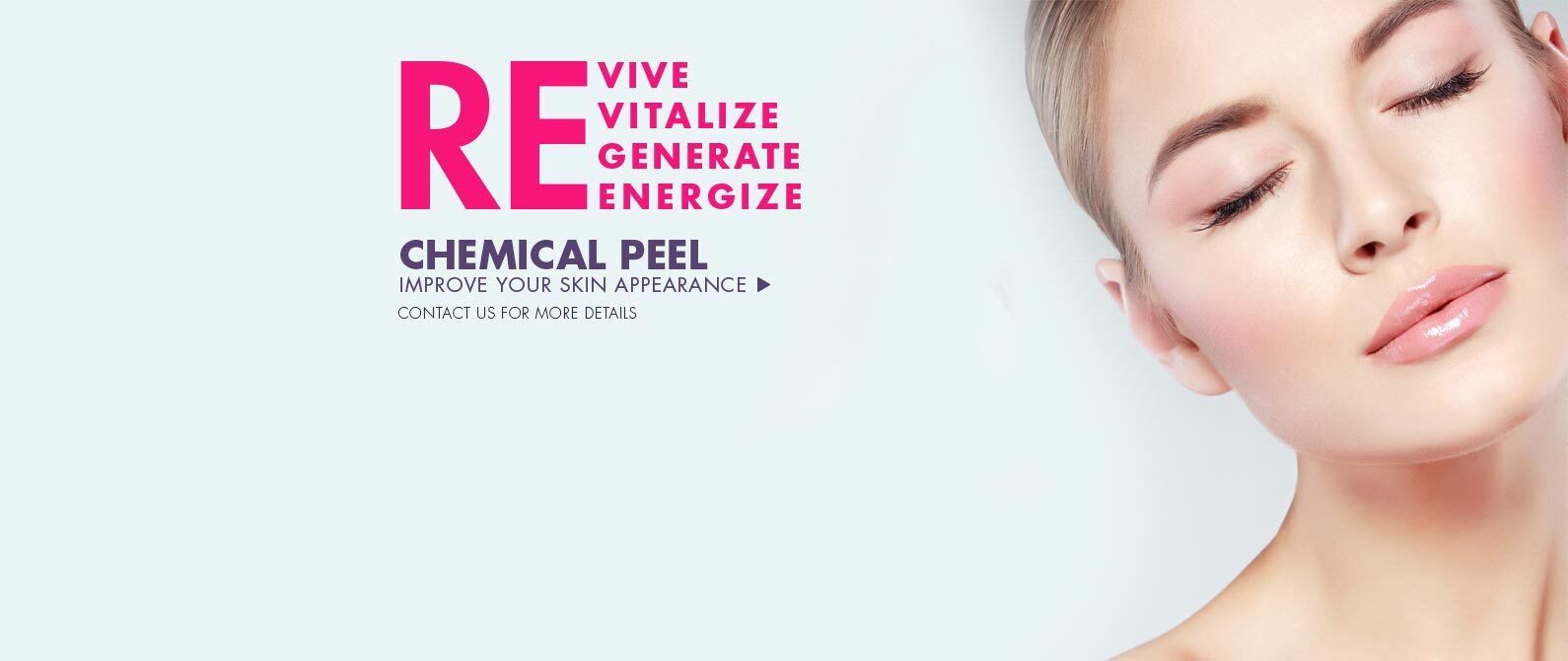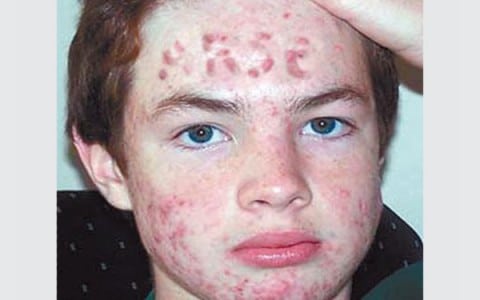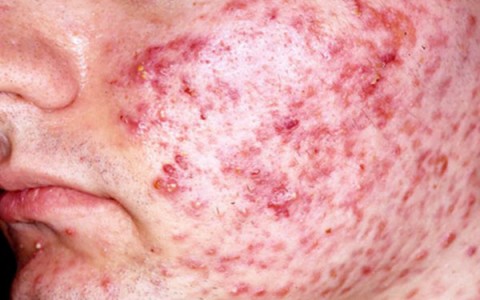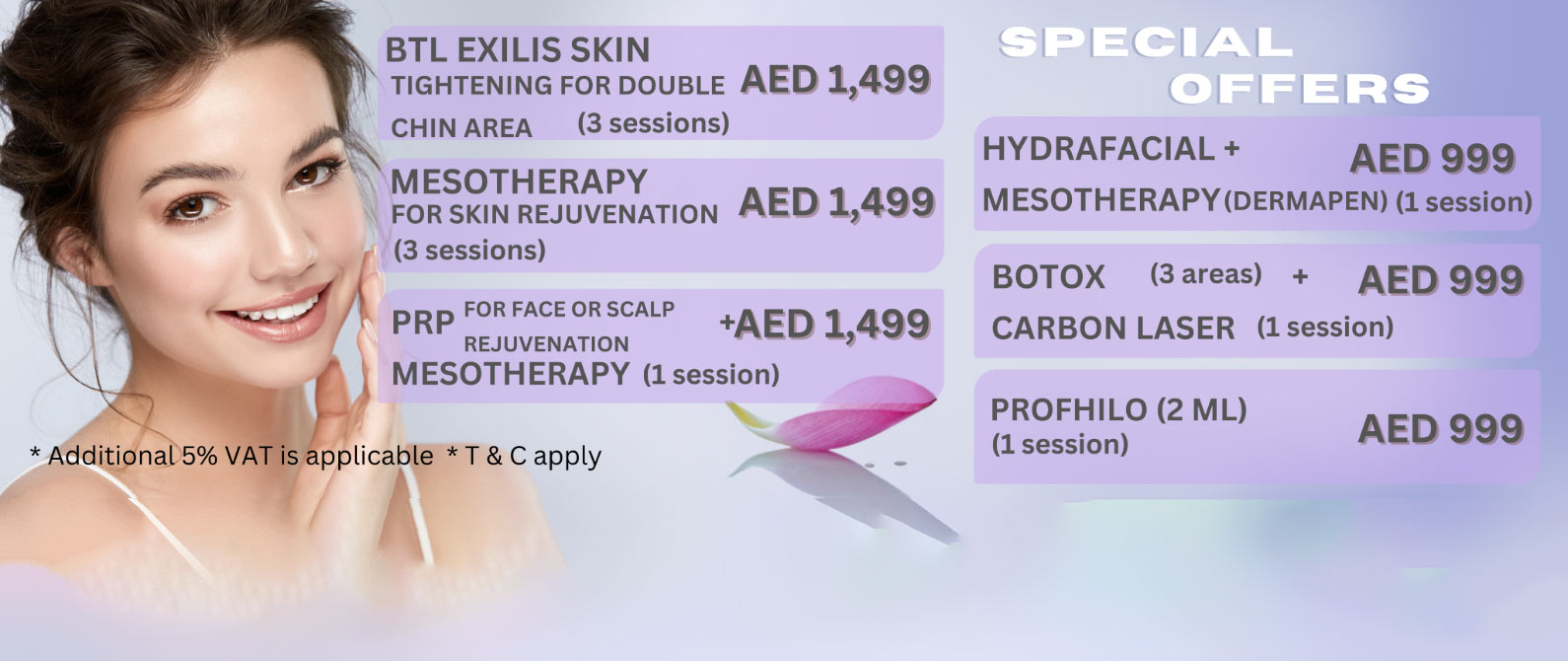Menu
≡
╳
- HOME
- ABOUT US
-
MEDICAL SKIN
PROCEDURES -
AESTHETIC
PROCEDURES- AP-C1
- AP-C2
- AP-C3
-
SKIN
PROBLEMS -
AESTHETIC
SKIN LASER- AS-C1
- AS-C2
- AS-C3
-
MEDICAL
SKIN LASER -
BODY
CONTOURING - CONTACT US
- Blog
-

-

-



